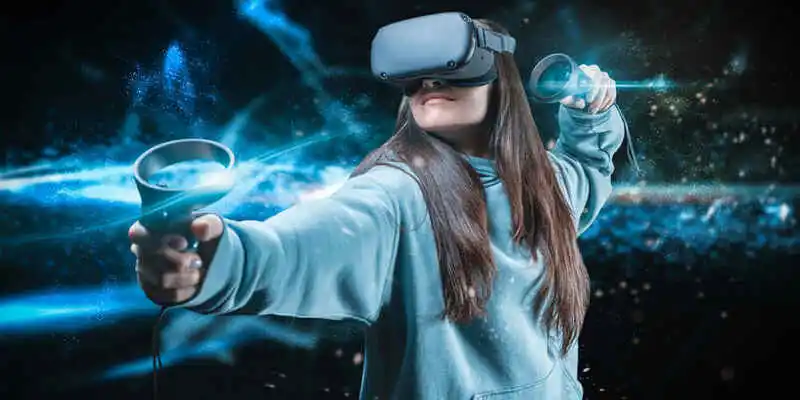Revolutionizing the Gaming Industry: The Transformative Influence of Artificial Intelligence on Game Development
AI transforms game development, enhances gameplay, creates more immersive experiences, and shapes the future of interactive entertainment. From procedural content generation to adaptive AI opponents, we'll uncover the cutting-edge technologies that are changing the way we play and enjoy games.
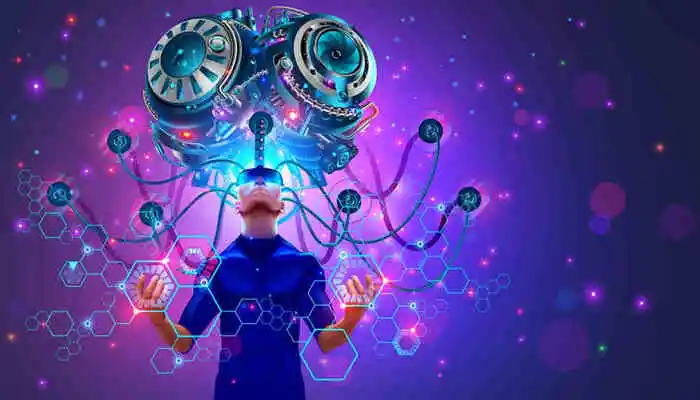
The world of gaming has changed a lot in the last few decades. Video games have gone from being simple arcade-style games to immersive virtual realities that interact with our senses and respond to our bodies in real time. The technology behind these games is constantly evolving as well; video game developers are using artificial intelligence (AI) to make their characters more realistic, efficient, and interactive than ever before. In this post, we will explore how AI is transforming the gaming industry and what that means for players who love immersive experiences like video games.
The Intersection of AI and Gaming
In the world of gaming, artificial intelligence (AI) is a concept that has been around for decades. However, it's only recently that we've seen AI become more prominent in game development. This can be attributed to advances in technology and an increased demand for immersive gameplay experiences.
AI is defined as "the theory and development of computer systems able to perform tasks normally requiring human intelligence." The term itself was coined by John McCarthy in 1955 when he created what would become one of the first AI programs called Eliza. The program used natural language processing techniques with some simple rules-based inference to simulate conversation with humans through typed text messages on a teletype terminal screen; users could type questions into Eliza which would respond based on its programmed responses (McCarthy & Hayes 1969).
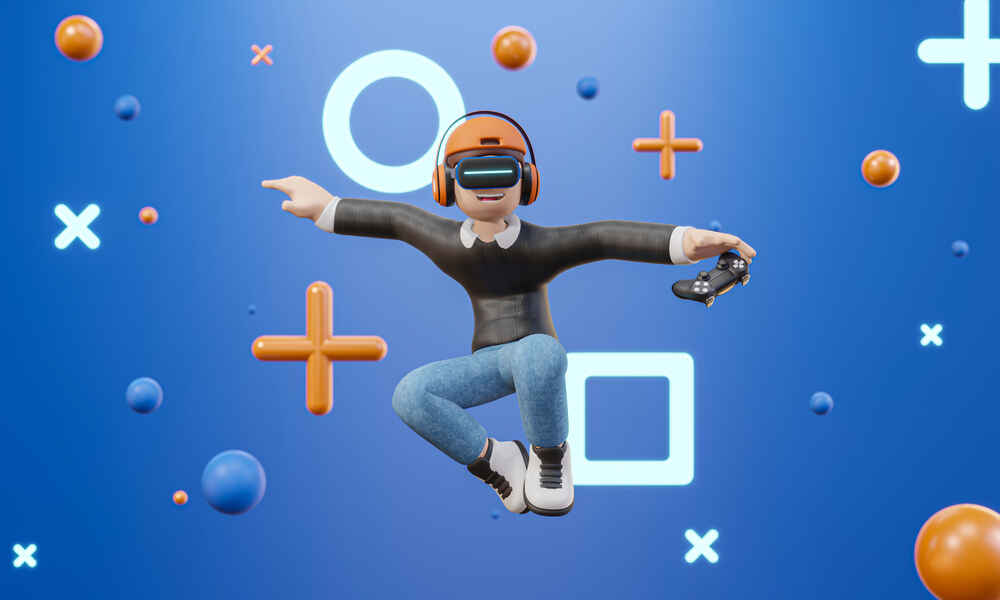
In short: Artificial Intelligence refers to machines capable of mimicking human behavior or thought processes through complex algorithms programmed into their codebase; these algorithms allow them to learn from past experiences so they can perform tasks more efficiently each time they're performed again much like how humans improve our skills over time through practice!
Enhancing Game Environments with AI
AI can be used to create more realistic game environments, which will allow players to experience a more immersive and engaging experience.
In order to do this, developers need access to high-quality data sets that contain information about how real-world environments look and behave. These data sets can then be used by AI algorithms in order to generate realistic 3D models of buildings, towns or cities based on their characteristics such as size, shape and materials used in construction. For game developers, partnering with a professional AAA game art studio like https://kevurugames.com/game-art/aaa-game-art-studio-services/ can be a valuable resource in creating these immersive worlds.
AI-Powered Non-Player Characters (NPCs)
The use of AI-powered NPCs is one of the most effective ways to create a more immersive and realistic gaming experience.
NPCs are computer-controlled characters that populate the game world, helping players accomplish tasks or acting as opponents in combat situations. They can be used to create more dynamic gameplay experiences, such as when an NPC asks you for help with a task, or even if it's just another player online asking for tips on how to beat their latest boss battle. While some games may still rely on prerecorded dialogue for their NPCs (such as those found in text adventures), many others allow developers to write custom scripts which give each character unique characteristics based on their personality type or personal history and this makes them feel much more lifelike than ever before!
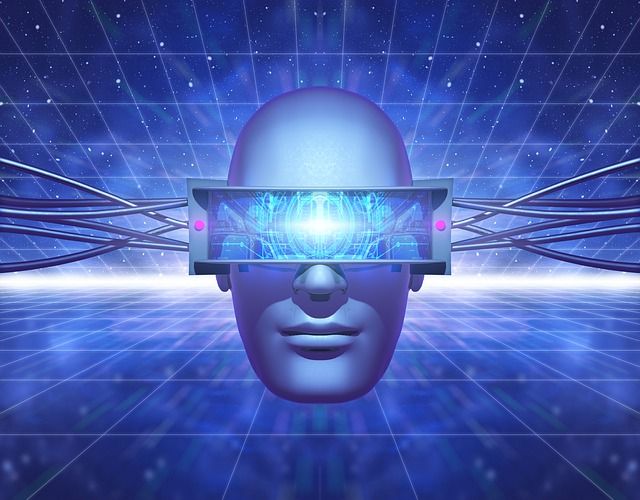
Procedural Content Generation
Procedural content generation (PCG) is the process of creating content using algorithms. It can be used to create stories, characters and game levels. PCG can also be used to create new content for existing games or even entire games from scratch.
The first commercial use of PCG was in 1995 with "Theme Park" by Bullfrog Productions. This game allowed players to build their own amusement parks from scratch and then watch as AI-controlled visitors went about enjoying themselves at your park and throwing money into your coffers as they did so (a fun way of making money if we ever heard one). The algorithm that created this experience was called an "intelligent agent" because it had enough intelligence to decide how best to spend its time while visiting different attractions around a theme park - something humans would find difficult due to limited cognitive capacity but computers can do easily!
Personalized Gaming Experiences
Personalized gaming experiences are possible with AI. AI can adapt to a player's style of play, tailoring the game to their preferences. For example, if you prefer a fast-paced shooter over an RPG or puzzle game, an AI-powered system would adjust the difficulty level accordingly based on your skill level and experience with similar games.
Additionally, an artificially intelligent engine could learn about players' preferences through data analysis techniques such as machine learning and deep learning algorithms that enable it to identify patterns in user behavior across multiple games (i.e., how long they play for each day). Once these patterns have been identified through analysis of large datasets containing thousands of hours worth of gameplay information from different types/genres within one genre alone such as action adventure titles the system will be able to make recommendations based on what other gamers like you tend toward liking most often when playing these types/genres themselves!
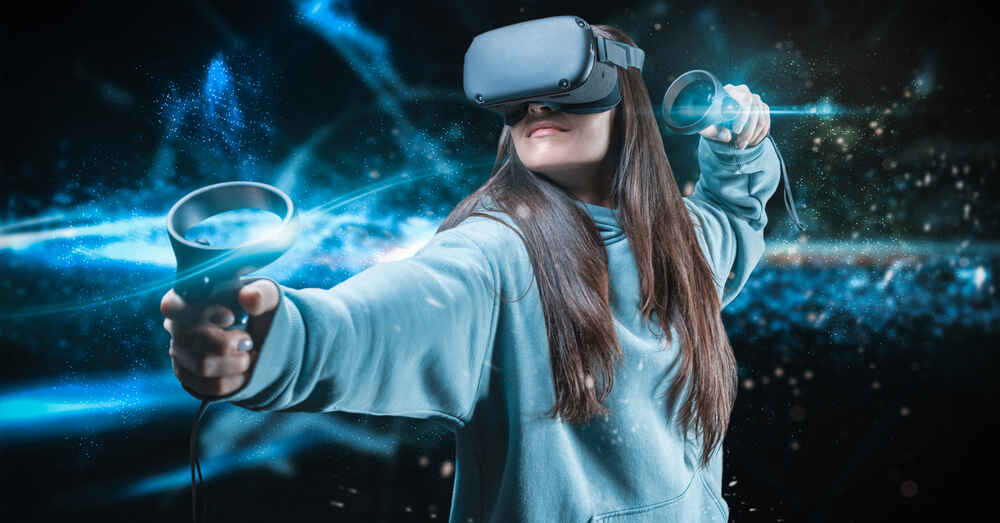
AI in Game Testing and Quality Assurance
AI is also being used in game testing and quality assurance. AI can be used to find bugs and problems with games, which will help ensure that they are ready for release.
AI can even be used to test games for quality assurance purposes. This includes things like determining if a game has been built correctly and whether there are any issues with its design or code, as well as checking if there are any problems with how players interact with the game's systems (e.g., if certain actions trigger unintended reactions).
Ethical Considerations in AI Gaming
The use of AI in gaming is not without ethical considerations. As AI technology evolves, it's important that we consider how our use of it impacts the people who play the games we create. For example, if a game designer uses an algorithm that can generate new content on its own (rather than having humans program every detail), there may be some moral implications involved with this approach.
Why? Because when we're talking about creating completely original stories and characters with no human intervention whatsoever well then you're basically telling an entirely new story each time someone plays your game! That means any player who picks up your title has no idea what they're going to get; which could lead them down paths where they encounter offensive material or concepts that don't align with their personal views about life in general...and then there's also still plenty more work left for us as designers before we even start worrying about social responsibility issues like these ones!

Future Trends and Possibilities
The future of gaming is bright, as AI will be used to create more immersive and realistic gaming environments. AI will also help developers create more complex and interesting NPCs, as well as personalized gaming experiences for each user.
Lastly, artificial intelligence allows for the testing of game quality at scale in order to ensure that games are up to par with players' expectations before they release them into the wild.
As video games become more complex and advanced, the role of artificial intelligence will grow. AI is already used in games to make them more interesting, fun, challenging and realistic. It can also be used to make them accessible to people with disabilities.
AI is an important part of gaming because it helps create a better experience for players by adding things like story lines or characters that are more lifelike than they would otherwise be if they were programmed manually by developers.
Conclusion
In the future, artificial intelligence will continue to revolutionize gaming. As game developers continue to innovate and push the limits of what's possible with AI technology, we can expect to see more immersive experiences that offer players an unprecedented level of engagement. The possibilities are endless!

